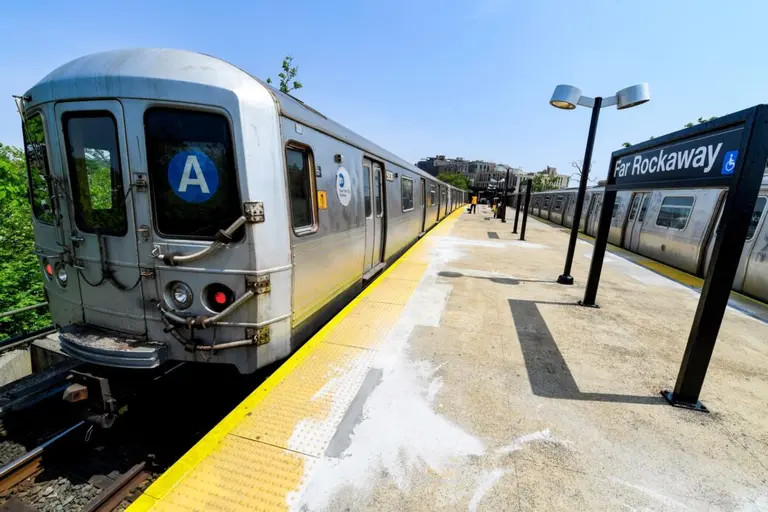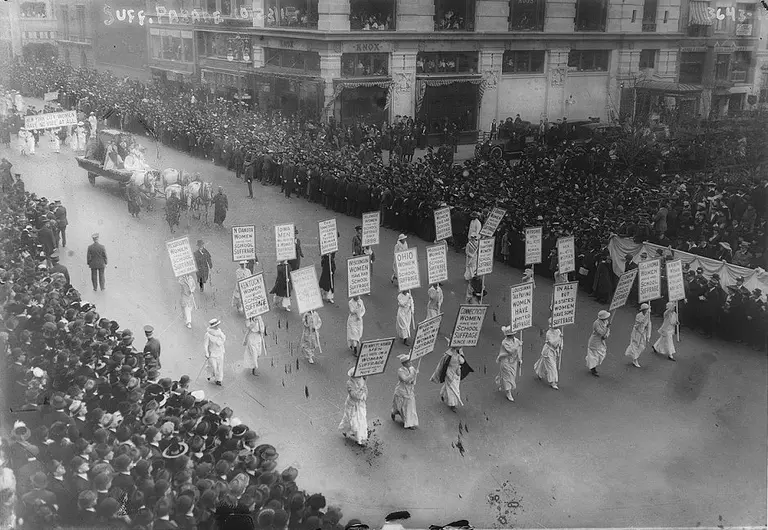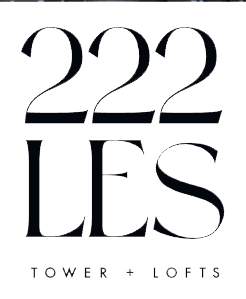Rent Guidelines Board set to approve biggest rent hike for NYC’s stabilized apartments in a decade

Photo by Emiliano Bar on Unsplash
Millions of New Yorkers could soon be hit with the biggest rent hike in a decade. In a preliminary 5-4 vote on Thursday, the city’s Rent Guidelines Board (RGB) voted to increase rents on stabilized apartments between 2 and 4 percent for one-year leases and between 4 and 6 percent for two-year leases. If approved, the rent hikes would be the largest since 2013 when there was a 4 percent increase for one-year leases and a 7.75 percent increase for two-year leases. A final decision by the board is expected in June.
The nine-member board is responsible for adjusting rents for the one million apartments subject to the city’s rent stabilization law. All members are appointed by the mayor, who chooses two representing tenants, two representing landlords, and the remaining representing the public.
Last month, the board released a report recommending an increase of 2.7 and 4.5 percent for one-year leases and 4.3 and 9 percent for two-year leases, citing increases in operations, fuel, maintenance, and inflation as some of the influences behind the rent hike.
The increase will affect all New Yorkers living in rent-stabilized units, which is approximately 2.4 million tenants in 940,000 apartments across the city. According to Gothamist, a third of those tenants earn less than $40,000 for a family of four.
If approved, the rent hikes will affect leases that run from October 1 through September 30, 2023.
In a statement released Thursday in response to the preliminary vote, Housing Justice for All argued against the rent increase and called on NY lawmakers to enact legislation that would give tenants the ability to challenge rent hikes.
“With homelessness and evictions on the rise, the worst thing we can do right now is to raise rents. This vote is a slap in the face to New Yorkers who are still recovering from the pandemic and barely making ends meet,” Cea Weaver, Campaign Coordinator for Housing Justice for All, stated.
“As it becomes clear that tenants can’t hope for help from the Adams administration, it’s more important than ever that Albany steps in. State lawmakers must pass Good Cause legislation this session and give tenants the power to challenge outrageous rent hikes and unjust evictions.”
In a statement following Thursday’s preliminary vote, Adams said he thought the rent adjustment recommendations were too high and called on the board for a better “balance.”
“I believed that the numbers initially reported were much too high, so I called for a better balance — and it is good the board moved lower,” the mayor said in a statement released by mayoral spokesperson Charles Kretchmer Lutvak on Twitter.
“But if rents & the other costs of living are going to go up with inflation and other economic issues, then so too must government support, which is why I have been fighting for a more generous housing voucher program, a more robust earned income tax credit, and significant investments in child care.”
Under former Mayor Bill de Blasio’s administration, there were several rent freezes and only slight increases over eight years. The rent board approved a rent freeze in June 2020 that froze rent for six months and then increased rent by 1.5 percent for the following six months as a compromise for both tenants and landlords.
In 2019, the board recommended a 1.5 percent increase on one-year leases and a 2.5 percent increase on two-year leases. Rent freezes were also issued in 2015 and 2016.
RELATED:




























